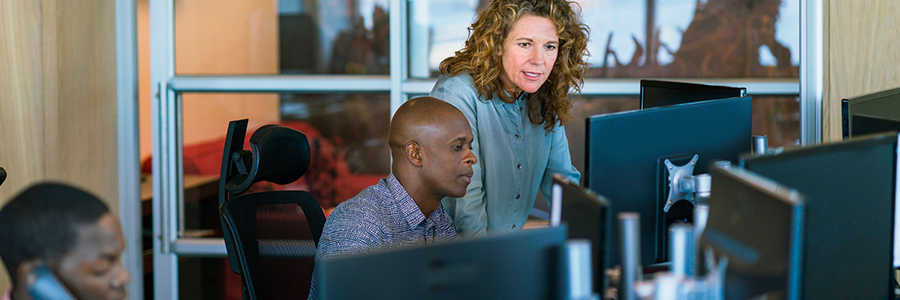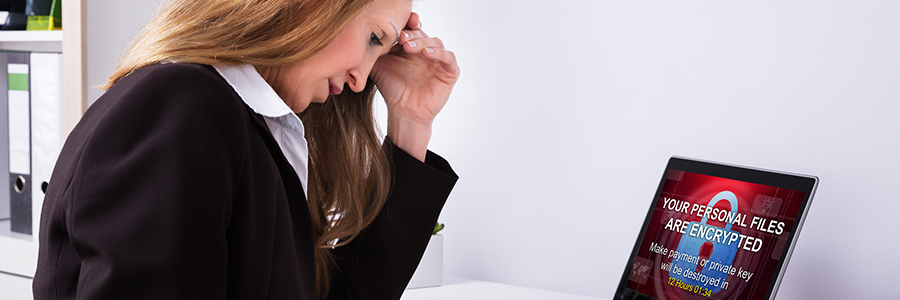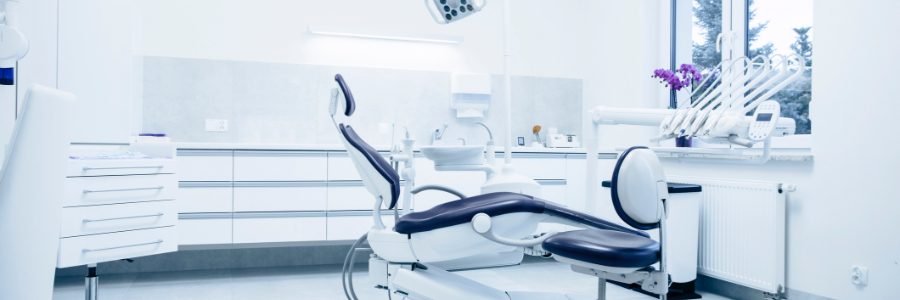As the owner of a dental clinic, do you ever think about the overall health of your business? Are you or one of your staff members monitoring your clinic's revenue and expenses? If you are not properly tracking the important financial metrics of your dental practice, you run the risk of overlooking expenses, incurring hefty penalties for filing your taxes late, having difficulty paying bills, and more.
How Can You Monitor the Health of Your Dental Clinic?
Useful Dental Apps and Resources You Might Not Know About

Brushing and flossing your teeth is a vital part of your daily routine. Not only will it keep your teeth healthy, but it will also give you an attractive smile. Sadly, there are some people who don't know how to floss and brush properly. Fortunately, modern technology has given birth to useful and informative tools that will make dental care fun and effective.
Benefits and challenges of using a Voice over Internet Protocol (VoIP) system

Voice over Internet Protocol (VoIP) technology has taken the dental industry by storm, changing the way many dental clinics run their daily operations. But despite having a host of features that you will not find in traditional landline phones, there are also some disadvantages to having a VoIP system.
Stop Data Breaches with Multifactor Authentication

Most dentists in Arizona, California, Nevada, Oregon and Washington rely on passwords to protect their patient records and limit the people who can access them. However, with the frequency of cyberattacks increasing daily and hackers getting more creative with how they infiltrate your network, passwords alone are not enough to keep them out.
How to Face these Worst-Case Scenarios for Dental Clinics

Nothing can be worse for your dental practice than being hit by a disaster. It can disrupt your clinic's daily operations and affect your revenue. Disasters come in many forms and can hit your business at any time. This is why you should come up with a disaster recovery plan that will allow your clinic to continue operating or recover quickly during a crisis.
How Your Employees can Participate in Cybersecurity

As a small- to medium-sized business (SMB) owner, keeping your dental clinic’s valuable data safe should be a priority. Cybercriminals often target SMBs and healthcare organizations because compared to larger corporations, these entities often lack the technology and manpower to run an efficient cybersecurity system, making them easier to infiltrate.
Reasons Cybercriminals Target Healthcare Providers

As cyberattacks against small- to medium-sized businesses (SMBs) continue to grow, one sector, in particular, has seen a significant increase in attacks over the years — the healthcare sector. Not only can a cyberattack disrupt the daily operations of healthcare providers, but it can also compromise their patients as well.
How Malware can Harm Your Dental Practice

Healthcare organizations, including small- to medium-sized dental clinics, store a huge amount of patient data, which makes them a prime target for cyberattacks. One of the most successful and most threatening methods of a cyberattack is malware. Malware is software created by hackers with the intent of stealing data, damaging systems or devices, or both.
Is Your Dental Office HIPAA-Compliant?

If you own or are planning to start a dental practice, you have to make sure that it follows the strict standards of the Health Insurance Portability and Accountability Act (HIPAA). This act requires small- and large-scale dental clinics to take precautionary measures to ensure the safety and security of their patients' protected health information (PHI).
The U.S. Department of Health and Human Services (HHS), the governing body that enforces HIPAA, can impose a fine of $50,000 per patient record that was stolen or compromised, and a maximum fine of $1.5 million per year depending on the type of violation.
Why You Should Lease Your IT Equipment

If you’re planning to start a dental office, or if your dental practice is starting to grow, you will need to decide whether to purchase new IT equipment or lease them from a managed IT services provider (MSP). If buying or adding new equipment and software will adversely affect your clinic’s cash flow, you should consider leasing instead.


